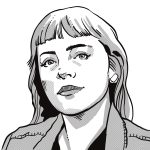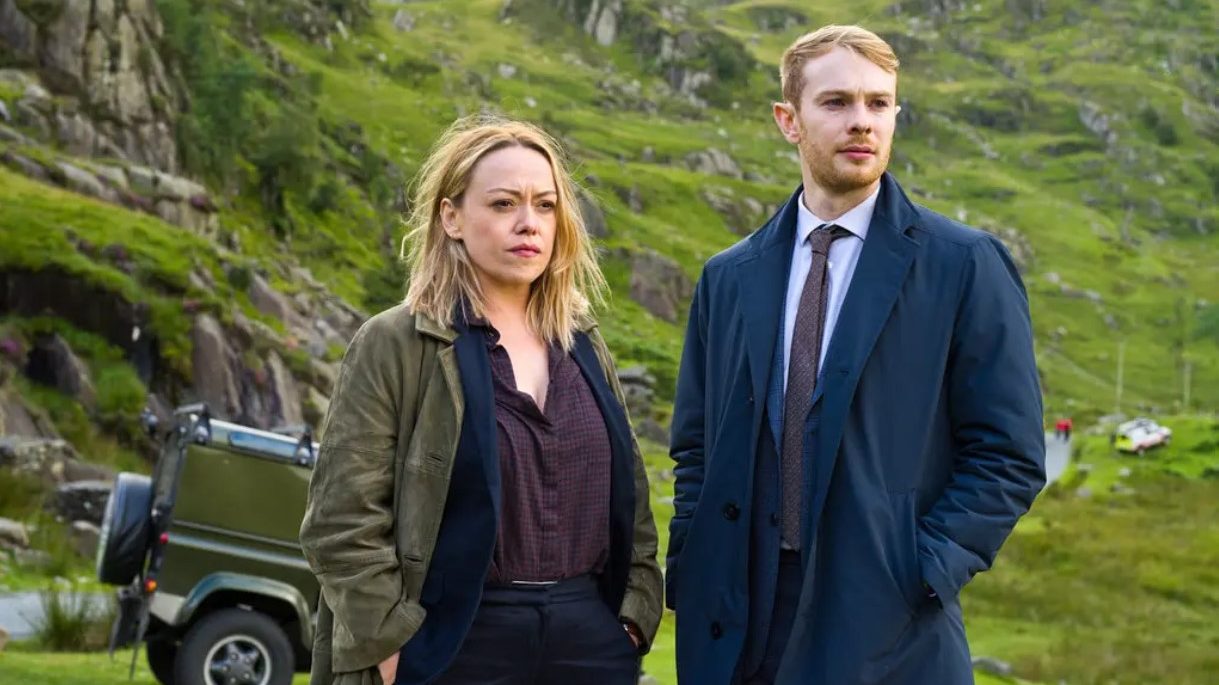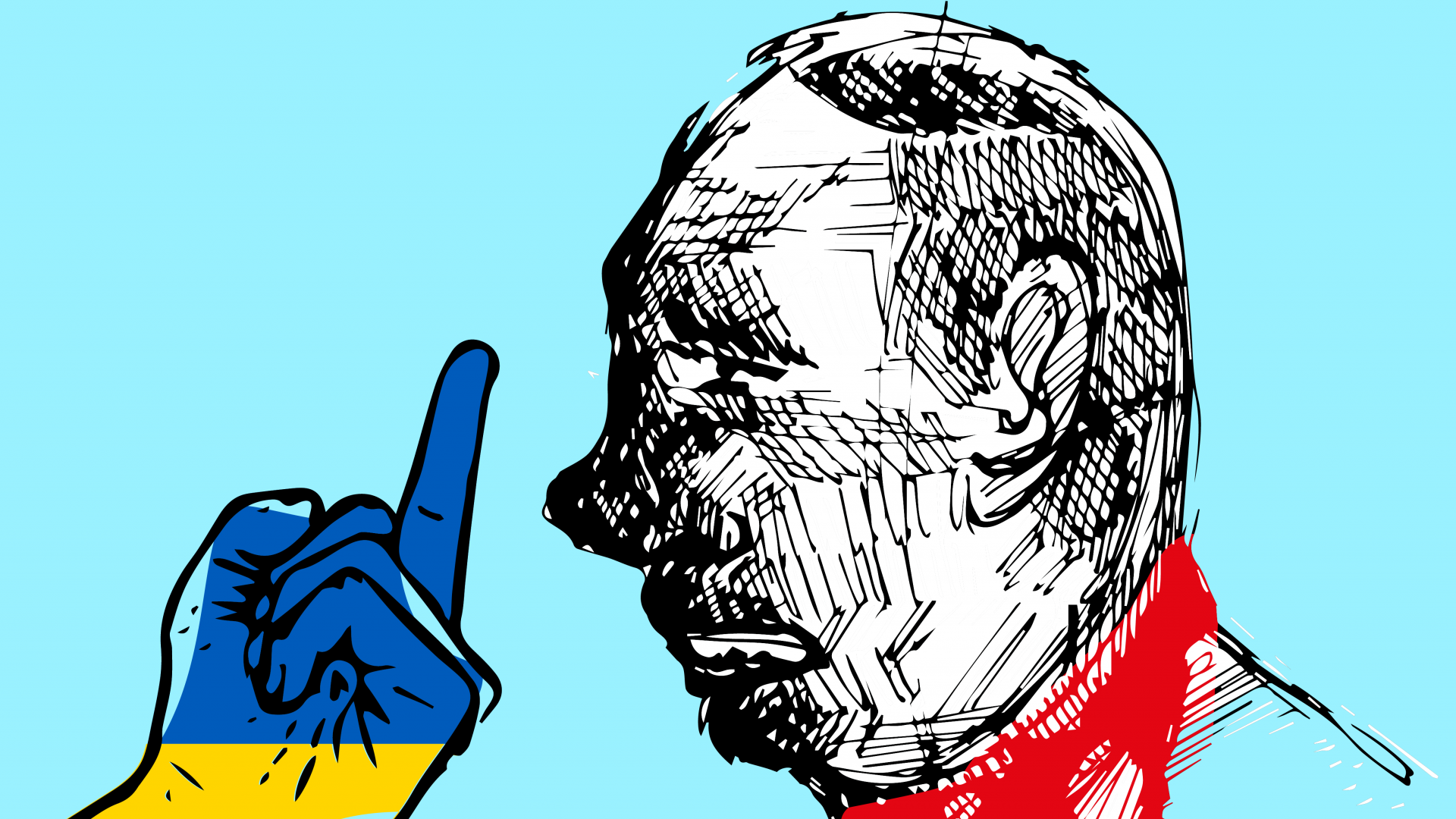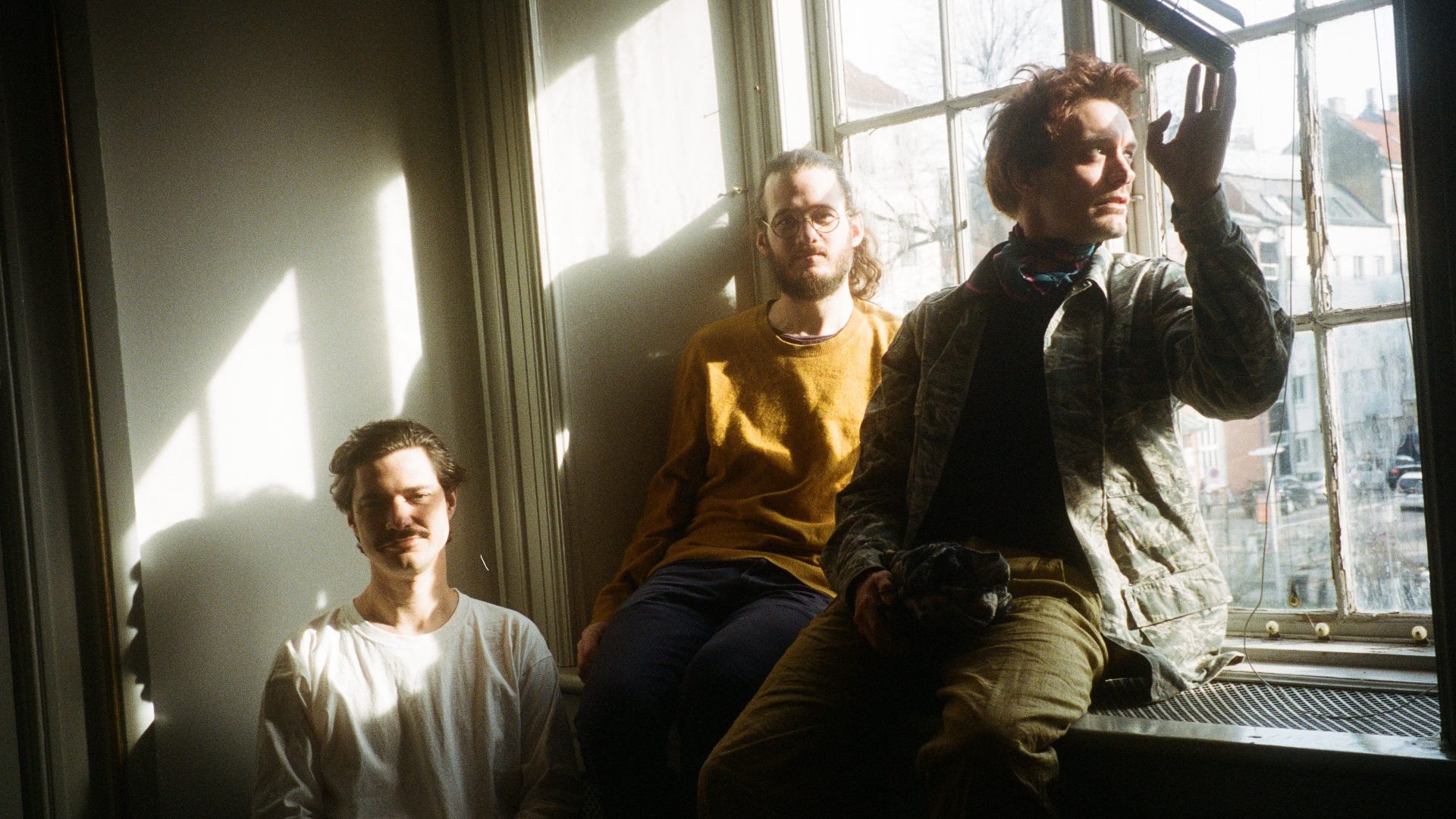When Hidden’s first season was aired in 2018, it was contrasted favourably
with high-tempo detective shows like Line of Duty. While nobody could deny
the sheer efficacy of the Jed Mercurio show’s formula, the thrills did at times
come at the expense of coherence, both emotional and logistic. Hidden has felt like a restorative tonic to that kind of frantic television. Everything from the aesthetic to the pacing to the considered depiction of criminality has meant the viewer has time to breathe, the better to appreciate a thoughtful and patient approach that nevertheless builds a momentum and dread to rival any great detective show.
Titled Craith in Welsh and filmed dually, one in a fully Welsh version and
another in English with sporadic subtitled Welsh, the third and final series has just appeared on BBC iPlayer in its bilingual version. Part of what I loved about the first two series was the intentional specificity of place that its producers clearly luxuriated in. It’s a rare treat in a show of this genre to have the lush expansive cinematic feeling of space. Beyond the visual, the presence of the Welsh language, so naturally and necessarily bound up in the everyday, is striking and welcome. Those two seasons made me appreciate how carefully – and proudly – Hidden avoided being a generic cop show set in generic Britain.
Season 3 sees DI Cadi John (Sian Reese-Williams) in Liverpool interviewing for a DCI role that would require her relocation, following the death of her father and, let’s face it, a couple of inordinately exciting years of serial killers and psychological torture in what ought to have been a comparatively sedate outpost. She’s ready to start again, the only trouble being she hasn’t shared this with Rachel West, the pathologist who has become her serious girlfriend since the end of season 2.
Cadi is used to protecting herself and using her resources to battle on without considering the more expendable issue of feelings and interpersonal dynamics. She’ll have to grapple with the competing urges for
intimacy and freedom before too long, but in the meantime a new case keeps her enmeshed in Wales for the foreseeable. A farmer named Ifan Williams has been found dead in a remote river, beaten to death. In the
days that follow Cadi explores simmering tensions that radiate out in all directions from the dead man’s life, from his strangely unfeeling wife to
his unpaid debtors, but soon it will become clear that the parish priest, Father McEwan (Rhodri Evan), may be the keeper of community secrets,
including those of the now-adult orphaned brothers Sion and Glyn, who
are worryingly secluded in their deteriorating home.
As ever with Hidden, the crucial momentum comes not chiefly from the question of who is responsible for the crime but how they have come to
commit it. The dynamic between the brothers makes up the core psychological study of this season. Sion (Sion Ifan) is a man in his 30s
collapsing under the weight of his past – and ashamed of a new inability to
keep himself together well enough to get by. His beloved brother Glyn
(Justin Melluish) is slightly older than him but has Down’s syndrome and is
reliant on him financially.
Sion feels the burden of his love perhaps inordinately – while it is true
that Glyn can’t contribute the same amount to household bills, this
imbalance seems to have wrongly taught Sion that Glyn can’t have any
life independently. That dangerous assumption begins to take on darker
connotations as Sion spirals in the aftermath of Ifan Williams’s murder.
One of Hidden’s objectives has always been to highlight things and
people that exist beyond the obvious, and this relationship is a good
example. As a person with visible disabilities, Glyn is targeted by local
bullies, which compels Sion to be more protective, creating a situation
in which the two are ever more isolated in their dilapidation, convinced they can only trust one another. This I think is the show at its best, unveiling the slow build-up of circumstance that can lead to maniacal or even evil actions.
To be brutally honest, despite this, season 3 is the inferior of its predecessors. But even at its worst, I truly respect Hidden’s interest in
illuminating the mechanics of malevolent behaviour. And I find compelling its interest in the dangers of a too-great respect for the privacy of our friends and neighbours. Privacy is a general good that at its outer edges can lead to the sort of constructed paranoid fantasy worlds we see here leading to violence and darkness.
Hidden has been a genuinely worthwhile and original show, and I feel ready to start it all over again now.
All three seasons of Hidden (Craith) are now streaming on iPlayer




